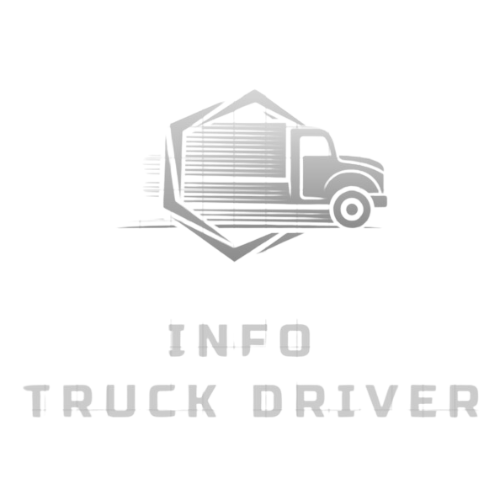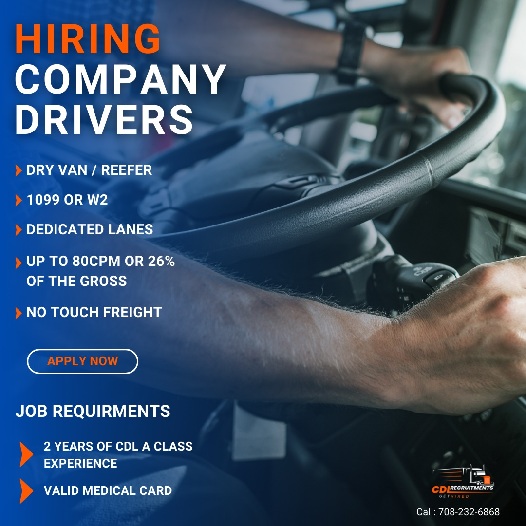Operating a food truck involves navigating specific regulations and licensing requirements, and the need for a Commercial Driver’s License (CDL) depends on several factors that pertain to the type of food truck and its operations.

Food Truck Classification and CDL Requirement:
- Standard Food Trucks: Most food trucks, particularly those designed for selling prepared food items, do not typically require a CDL. These trucks are often smaller, falling within standard vehicle classifications and weight limits that do not necessitate a CDL for operation.
- Larger or Specialized Trucks: In certain cases, food trucks might exceed weight thresholds that would require a CDL. Trucks substantially larger, often categorized as heavy-duty vehicles or commercial motor vehicles, might necessitate specific licenses.
Factors Influencing CDL Requirement:
- Weight and Classifications: The necessity for a CDL often hinges on the weight classification of the vehicle. Trucks falling within specific weight categories, typically above 26,000 pounds GVWR (Gross Vehicle Weight Rating), require a CDL for operation.
- Type of Operation: If the food truck is used primarily for transportation or commercial purposes other than food vending, especially if it exceeds weight thresholds, a CDL might be necessary.
Other Licensing and Permits:
While a CDL might not be required for operating most food trucks, other licenses and permits are essential:
- Business Licenses: Food truck operators must acquire business licenses and permits, including health department approvals for food handling and local business licenses for vending.
- Driver’s License Requirements: Despite not needing a CDL, operators must possess a valid driver’s license relevant to the vehicle’s classification and meet state-specific driver requirements.
Regulatory Variations and Compliance:
Regulations regarding the necessity for a CDL might vary across states or local jurisdictions. It’s crucial for food truck operators to familiarize themselves with regional laws, as some areas might have specific licensing requirements or exemptions for certain types of food trucks.
Considerations for Larger or Modified Trucks:
- Specialized Conversions: In cases where food trucks are custom-built from larger commercial vehicles or repurposed trucks exceeding weight limits, CDL requirements might apply based on the vehicle’s classification.
- Transportation Beyond Vending: Trucks used for purposes beyond vending, such as catering or delivery services where transportation is a primary function, might fall under CDL requirements.
Safety and Qualifications:
While a CDL might not be mandatory for most food truck operators, ensuring drivers possess the necessary skills, safe driving practices, and familiarity with operating larger vehicles is crucial for road safety.
In most cases, operating a food truck for vending purposes does not necessitate a CDL. These trucks typically fall within standard vehicle classifications and weight limits that do not require specialized licenses for operation.
However, specialized or significantly larger trucks, especially those used for purposes beyond vending, might fall under CDL requirements based on weight classifications and local regulations.
Understanding regional laws and complying with necessary licenses and permits are crucial for food truck operators. While a CDL might not be mandatory, adhering to all other regulatory requirements ensures smooth and legal operations for food trucks, contributing to a successful and compliant food vending business.


